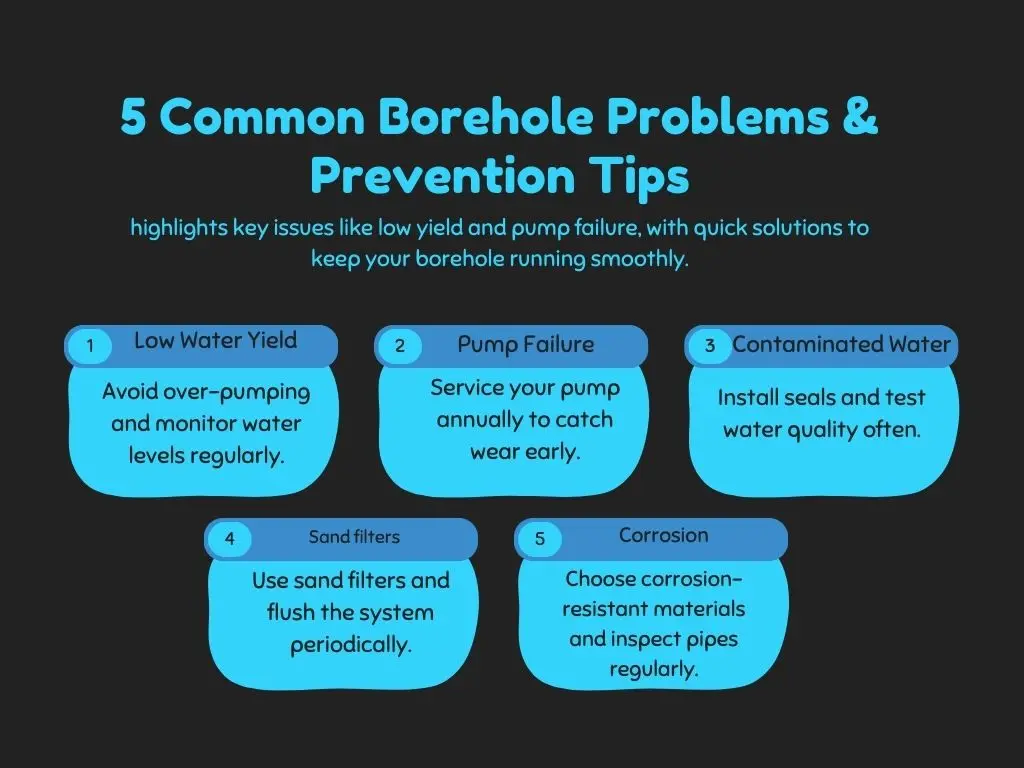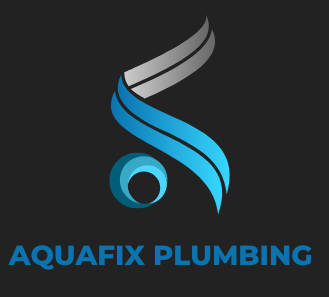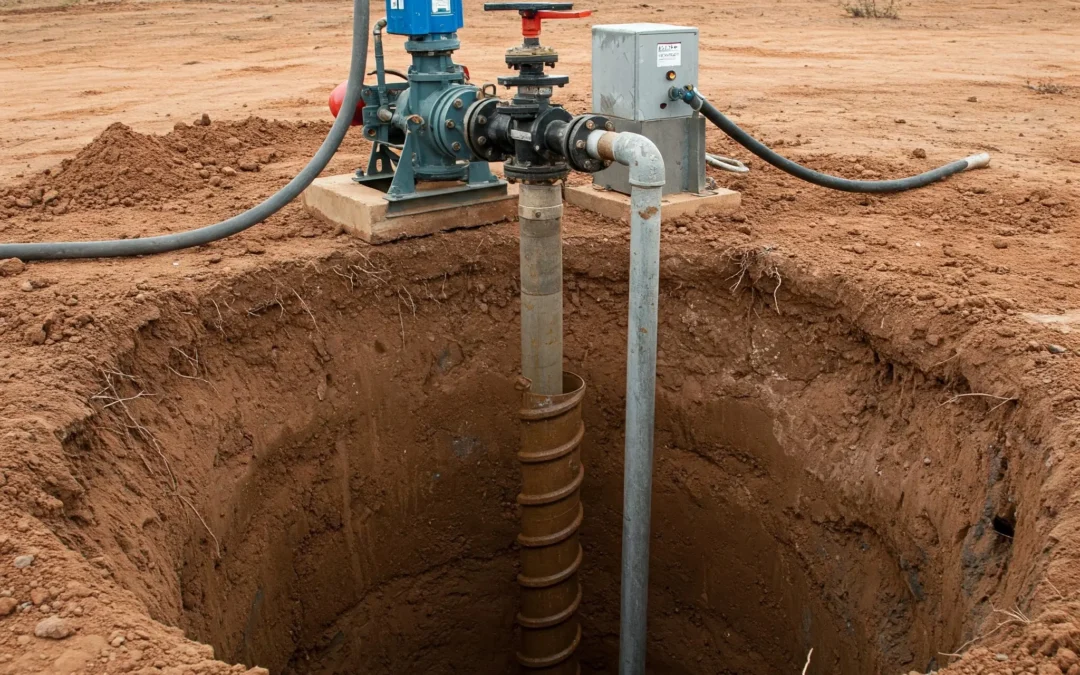Maintaining and Managing Boreholes: A Guide for Homeowners
Getting clean, reliable water is crucial for any household. Boreholes offer an independent water source, freeing homeowners from municipal supply concerns. But , owning a borehole comes with responsibilities. Proper maintenance ensures the longevity of your borehole and the quality of your water. This comprehensive guide will equip you with the knowledge needed to manage your borehole effectively.
Understanding Your Borehole System
Before diving into maintenance, it’s essential to understand the components of your borehole system. This includes the borehole itself, the pump, the pressure tank, and the distribution pipes. The borehole is the drilled hole in the ground that accesses the aquifer. A submersible pump sits within the borehole, lifting water to the surface. The pressure tank stores water and maintains consistent pressure in your home’s plumbing. Finally, distribution pipes carry the water from the tank to your taps and appliances. Familiarizing yourself with these components will make troubleshooting and maintenance much easier.
Regular Inspections: The Key to Preventative Maintenance
Regular inspections are paramount for a healthy borehole. Schedule annual check-ups with a qualified borehole technician. They can assess the condition of your pump, check water levels, and analyze water quality. Between professional visits, you can perform some basic checks yourself. Listen for unusual noises from the pump or pressure tank. Examine the area around the borehole for signs of leaks or subsidence. These simple checks can alert you to potential problems early on.
Water Quality Testing: Ensuring Safe Consumption
Water quality is a primary concern for borehole owners. Its important to test your water regularly as it ensures your water is safe for consumption. Test your water at least annually, or more frequently if you notice changes in taste, odor, or clarity. Test for common contaminants like bacteria, nitrates, and heavy metals. Your local health department or a certified laboratory can conduct these tests. Understanding your water quality allows you to take necessary steps for treatment if needed.
Pump Maintenance: Keeping the Water Flowing
The pump is like the heart of your borehole system. Its proper functioning is vital for a consistent water supply. Submersible pumps, commonly used in boreholes, require minimal maintenance. However, they can still experience wear and tear. A qualified technician can inspect the pump during annual check-ups. They can check for signs of corrosion or damage. They can also assess the pump’s performance and efficiency. Addressing pump issues promptly prevents costly repairs down the line.
Pressure Tank Management: Maintaining Consistent Pressure
The pressure tank plays a crucial role in maintaining consistent water pressure in your home. It stores water and regulates the pump’s operation. Periodically check the air pressure in the tank. Low air pressure can lead to pump cycling, reducing its lifespan. A qualified technician can show you how to check and adjust the pressure tank. Proper pressure tank maintenance ensures a steady and reliable water supply.
Preventing Contamination with Maintaining and Managing Boreholes
Protecting your borehole from contamination is vital for maintaining water quality. Ensure the wellhead is properly sealed to prevent surface water runoff from entering the borehole. Keep the area around the borehole clean and free from debris. Avoid using fertilizers or pesticides near the borehole. These precautions help safeguard your water source from pollutants.
Troubleshooting Common Borehole Problems
Even with regular maintenance, borehole problems can arise. Understanding common issues can help you troubleshoot and address them effectively.
- Low Water Yield: This could be due to a drop in the water table, a clogged pump, or a faulty foot valve.
- Cloudy Water: Sediment or mineral deposits can cause cloudy water. Shock chlorination or a filtration system can address this.
- Strange Tastes or Odors: These can indicate contamination. Water testing is crucial to identify the cause.
- Pump Problems: Unusual noises, no water flow, or pump cycling suggest pump issues. Consult a technician immediately.
When to Call a Professional
While some maintenance tasks can be done yourself, it’s crucial to know when to call a professional. For complex issues like pump repairs, water quality problems, or borehole rehabilitation, a qualified borehole technician is essential. They have the expertise and equipment to diagnose and resolve these issues effectively. Attempting DIY repairs on complex borehole systems can worsen the problem and lead to costly repairs.
Investing in a Borehole Maintenance Plan
Consider investing in a borehole maintenance plan with a reputable company. These plans typically include annual inspections, water quality testing, and preventative maintenance. They offer peace of mind and ensure your borehole system remains in optimal condition. A maintenance plan can also save you money in the long run by preventing costly repairs.
The Importance of Record Keeping
Maintain detailed records of all borehole maintenance activities. This includes dates of inspections, water quality test results, pump repairs, and any other work performed on the system. These records are invaluable for tracking the history of your borehole and identifying potential problems. They can also be helpful when dealing with technicians or if you decide to sell your property.
Conserving Water: A Sustainable Approach
While boreholes offer an independent water source, it’s essential to use water responsibly. Implement water conservation measures in your home and garden. Fix leaks promptly, install water-saving fixtures, and avoid overwatering your lawn. Conserving water not only reduces your energy bills but also helps preserve this valuable resource for future generations.
Long-Term Borehole Management: Ensuring Sustainability
Proper long-term management is crucial for the sustainability of your borehole. Regular maintenance, water quality testing, and responsible water use contribute to the longevity of your borehole. By taking care of your borehole, you ensure a reliable water source for years to come. This proactive approach saves you money and resources in the long run.
Conclusion: A Reliable Water Source for Years to Come
A borehole provides a valuable and independent water source. However, it requires responsible management and regular maintenance. By understanding the components of your system, conducting regular inspections, and addressing issues promptly, you can ensure a reliable water supply for your home. Don’t hesitate to consult a qualified professional for complex problems. Investing in proper maintenance and adopting water conservation practices ensures the long-term sustainability of your borehole and protects this precious resource. This comprehensive guide gives you the knowledge to maintain and manage your borehole effectively, providing clean and reliable water for years to come.

frequently asked questions on Maintaining and Managing Boreholes
What maintenance is required for a borehole?
Regular maintenance includes checking the pump, motor, and control systems. Inspect pipes for leaks or damage. Test water quality annually and address any issues. Ensure proper wellhead protection to prevent contamination. Get in touch wioth our borehole technicians today.
How do you manage a borehole?
Effective borehole management involves regular monitoring of water levels and quality. Keep accurate records of maintenance and repairs. Implement a water usage plan to ensure sustainability. Protect the surrounding area from pollution.
How much does it cost to drill a borehole in Durban South?
Borehole drilling costs in Durban South vary depending on depth, geology, and casing requirements. Get quotes from reputable drilling companies for accurate pricing. Factors influencing cost include site access and pump installation.
Learn more about managing borehole water quality, including how to handle iron and manganese buildup for a cleaner supply.


Recent Comments